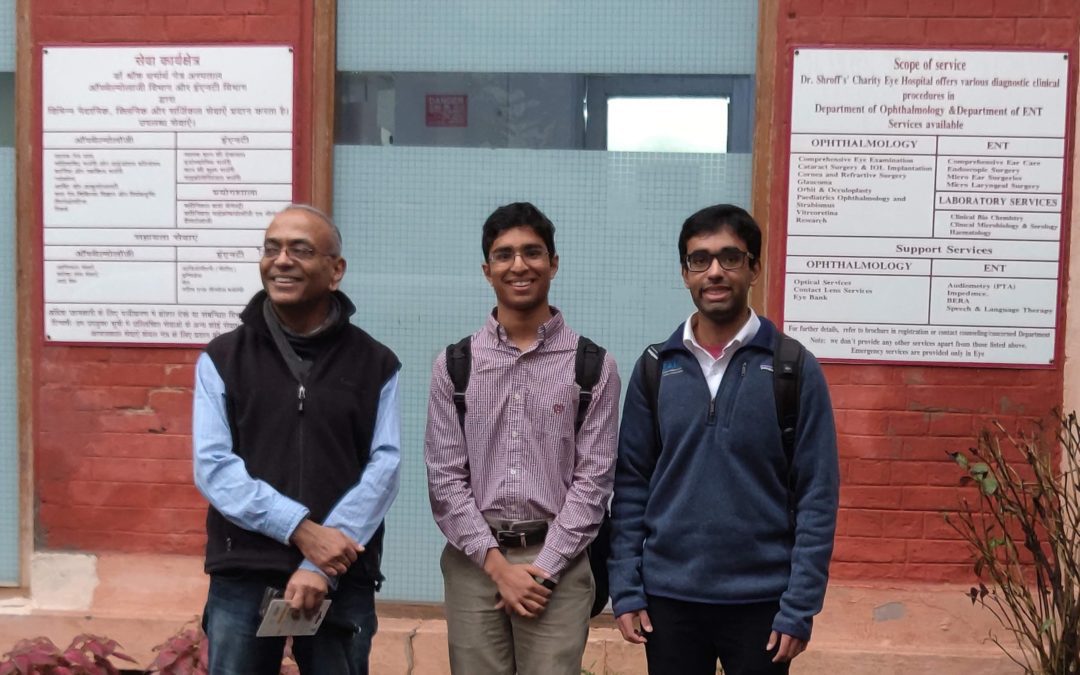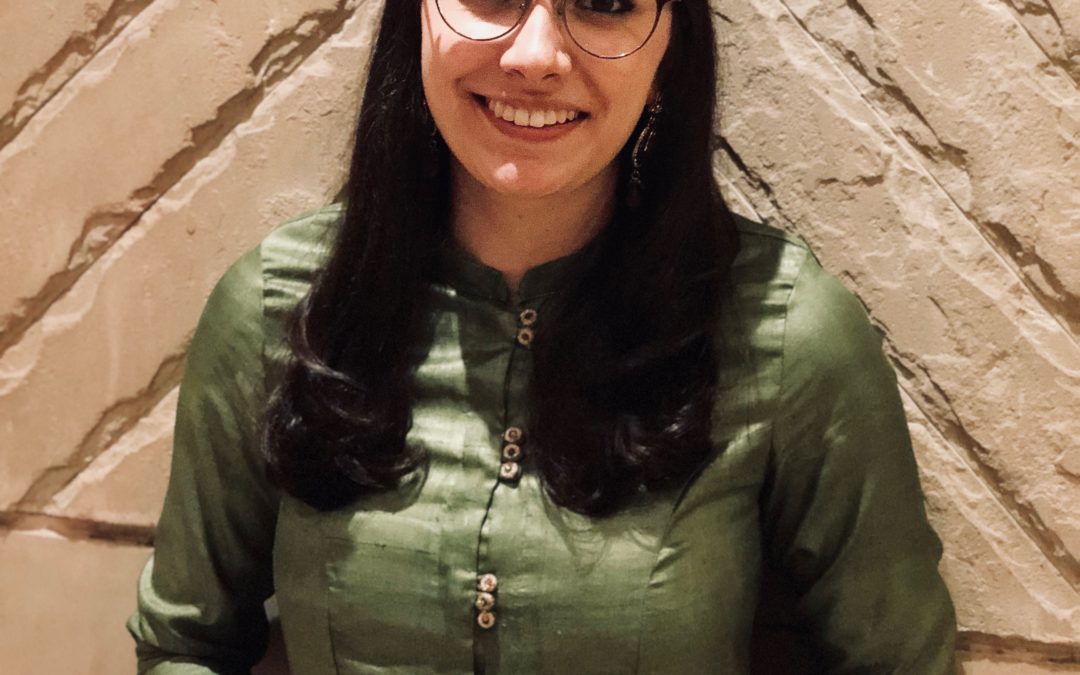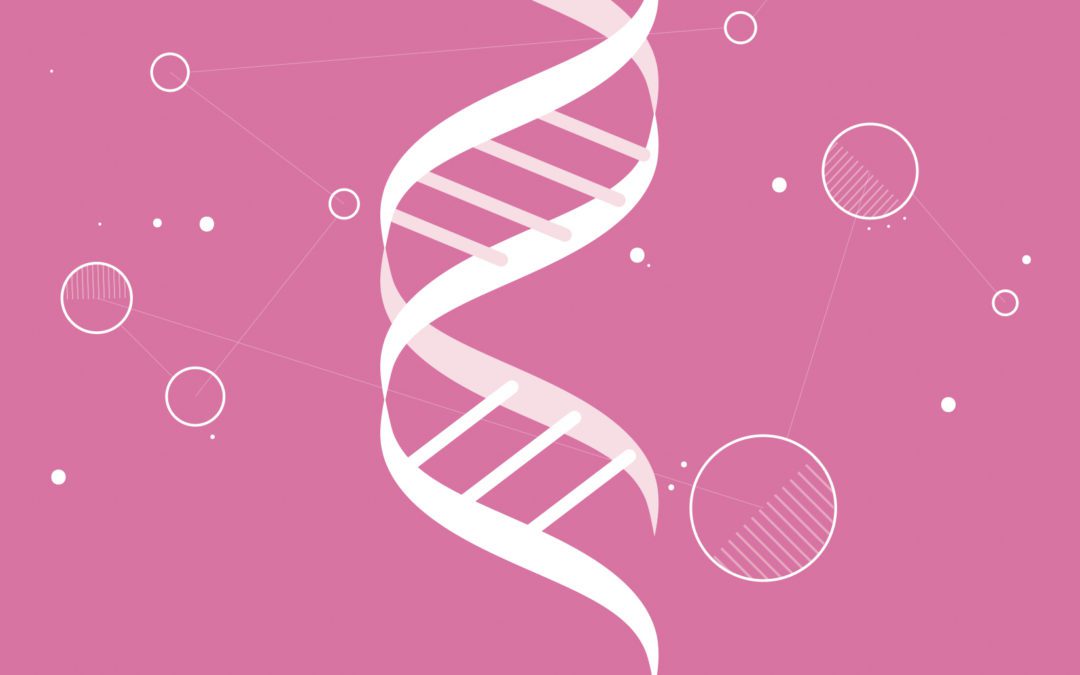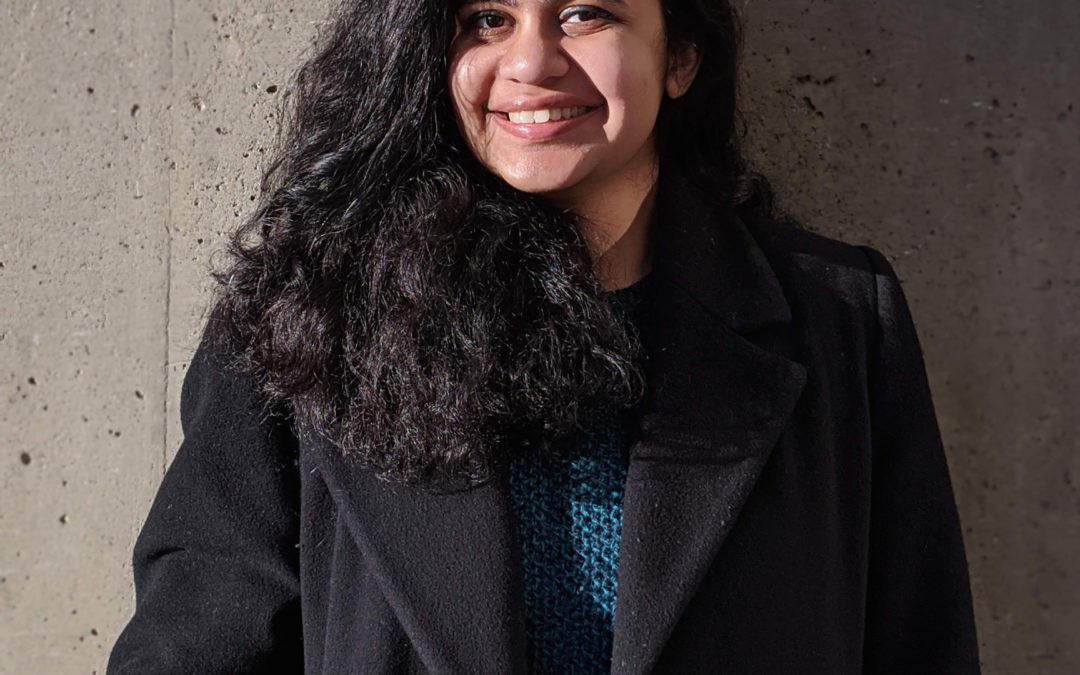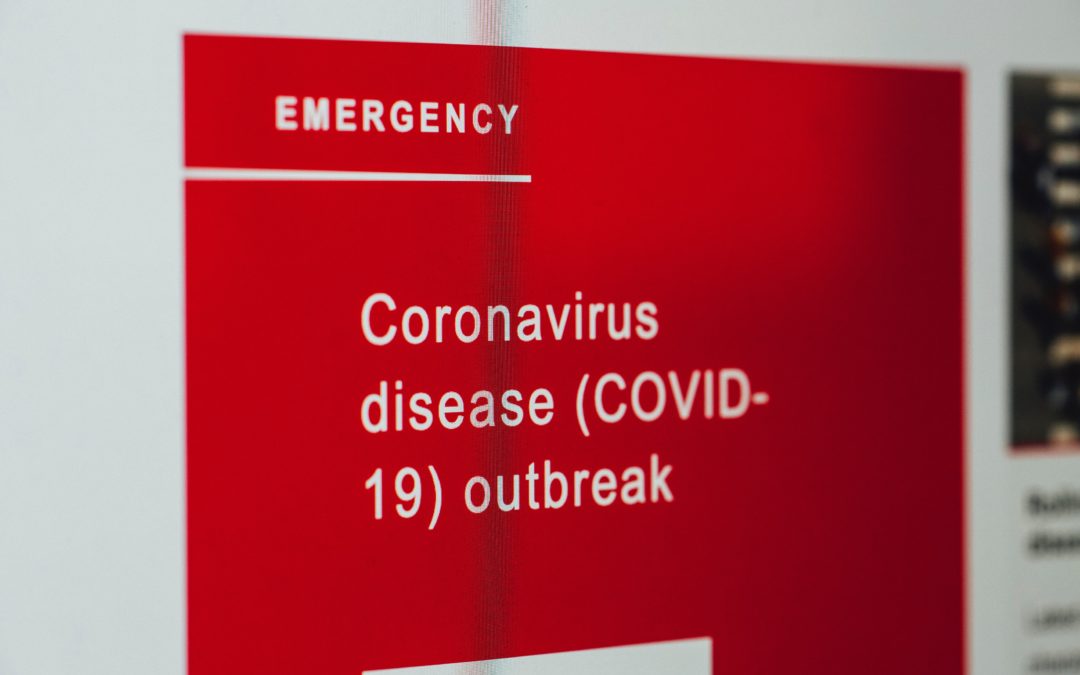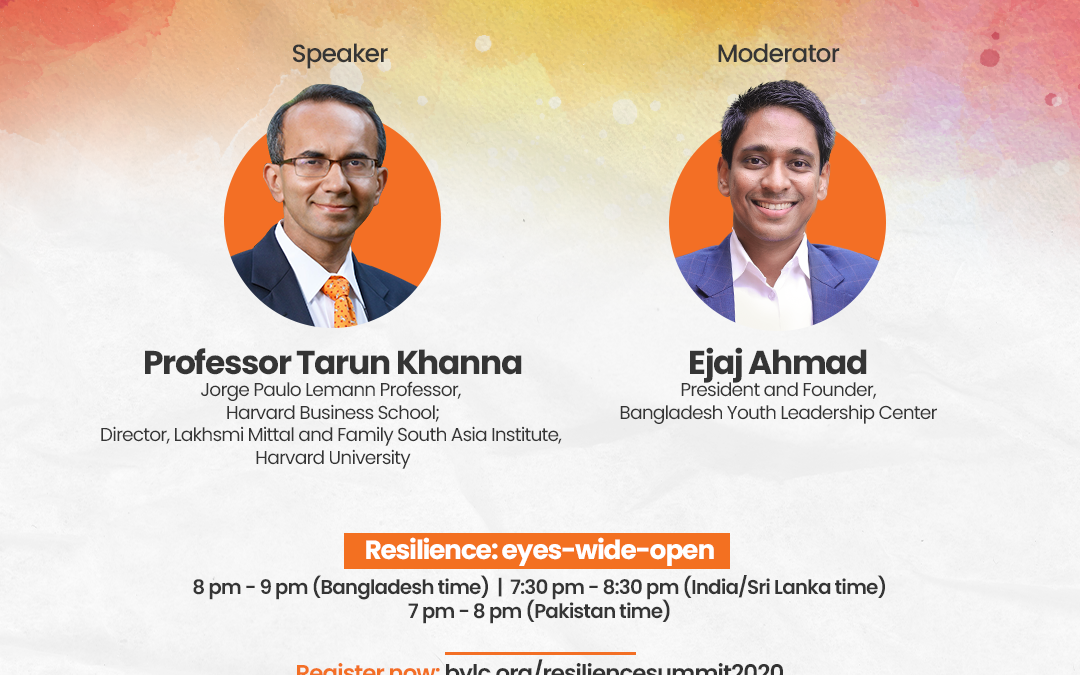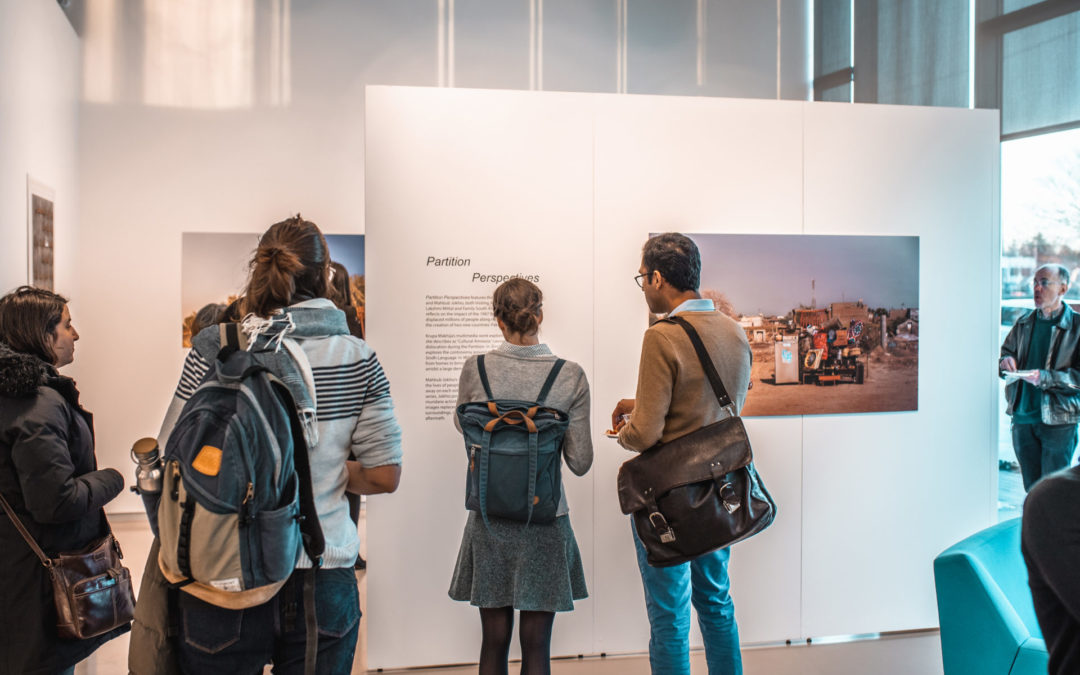Suhasini Kejriwal: Transforming India’s Urban Landscape Through Art
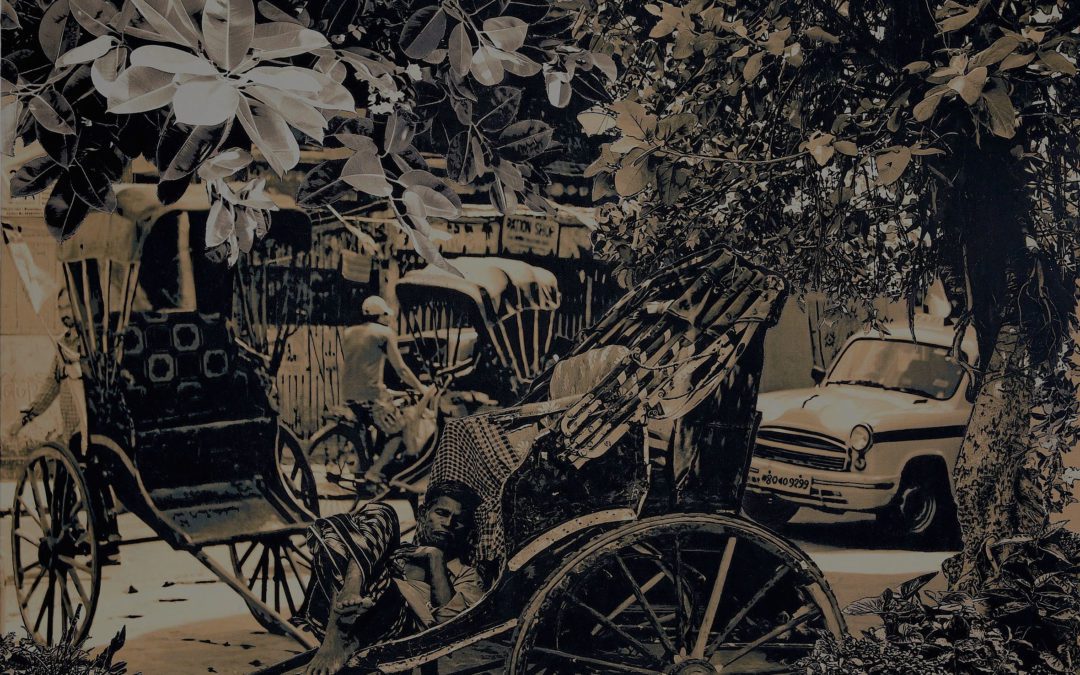
Suhasini Kejriwal, a mixed media artist from India, joined the Mittal Institute earlier this Spring in our latest group of Visiting Artist Fellows. Through photography, paintings, embroidery, and more, Suhasini’s practice acts as witness to the lived experiences of those whom she observes, living out their lives in the busy streets of India’s urban landscapes.




